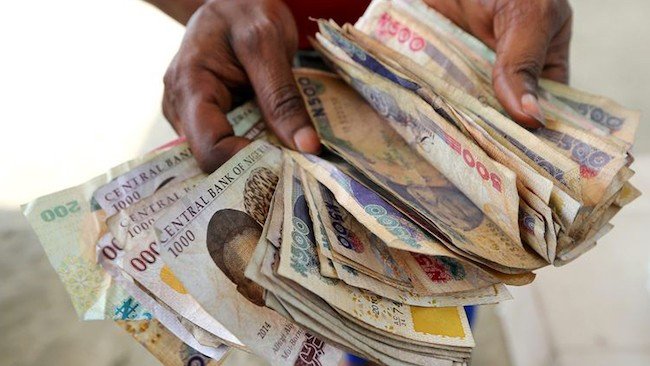
Nigeria is currently facing a foreign currency crisis, which is taking a toll on the Nigerian aviation sector.
With Emirates airline announcing in August its suspension of flights to Nigeria from September 1 after being unable to repatriate $85 million of its revenue withheld in the country, the Central Bank of Nigeria (CBN) released $265 million to foreign airlines to help ease the situation.
In light of these developments, Emirates has now announced it will reinstate flights to/from Lagos from September 11. On its site, it adds: “The airline welcomed the Central Bank of Nigeria’s move to release a portion of our blocked funds, and we continue to engage with the Nigerian authorities to ensure the repatriation of our outstanding and future funds may continue without hindrance.”
But though the move is seen as a welcome reprieve, the crisis is far from over.
A lack of foreign currency
With CBN’s official exchange rate standing at N415.37 to $1 for selling and N415.87 to $1 for buying as at the end of July 2022, compared to the black market rate, which currently stands at N680 to $1 for selling and about N720 to $1 for buying, accounting for a staggering 19% hike in just one month, Nigeria is currently facing a foreign currency (FX) crisis and this is taking a significant toll on the Nigerian aviation sector.
Like many industries decimated by the marauding Covid-19 pandemic, the aviation sector in Nigeria and all over the world was forced to come to a sudden halt. This had a knock-on effect on foreign investors in the country who fled to find solace on safer grounds as crude oil prices took a downward spiral.
“Oil prices have since stabilized but the problem is that foreign investors have not returned to Nigeria. Foreign investors bring an influx of forex into the country through foreign direct investment and without it, the country’s supply has essentially dried up,” says Ola Oladele, a financial markets expert in Lagos.
In an attempt to curtail the amount of FX available in the market, the CBN decided on a controversial move to stop selling FX to Bureau De Change operators in July 2021, forcing individuals and businesses who needed FX to only go to the banks. The problem is, there is not enough FX to go around and slowly but surely, the resulting effect is beginning to hamper operations in the aviation sector of Africa’s most populous economy.
FX impact on aviation
“This is a sad situation. Emirates have done everything they can to get their money out in the right way by collaborating with the International Air Transport Association (IATA), banks and even via the CBN. To help them limit their exposure to dollars which has been scarce in the Nigerian market for some time, they offered to pay for fuel in Naira but all has been in vain,” says Sindy Foster, an aviation analyst and founder of Avaero Capital Partners, a leading aviation and aerospace marketing agency.
In a Twitter thread, the IATA said “it is disappointed that the amount of airline money blocked from repatriation by the Nigerian government grew to $464 million in July 2022. IATA’s many warnings
That failure to restore timely repatriation will hurt Nigeria with reduced air connectivity are proving true with the withdrawal of Emirates from the market.”
“We are being forced to buy Jet A-1 fuel refined outside Nigeria at the cost of the current exchange rate and that is impossible to meet,” avers Simon Opoku, an aircraft engineer working with Arik.
The shortage of FX means Nigeria has restricted access to foreign currency for imports. The issue is, foreign airlines have a fiduciary duty to repatriate their earnings from international business back to their home country. In order to operate globally, airlines enter into an agreement with the IATA to sell tickets based on IATA approved rates and in exchange, they have the ability, through their bilateral partnership agreement, to repatriate their money back home anytime they choose.
The complication is, they have their money domiciled in their account in Naira but if they want to send the money out, they need to wait for the CBN to have the FX available or buy the FX from the black market at a loss.
According to Susan Akporiaye, President of the National Association of Nigeria Travel Agencies, airline funds have been trapped in the country since the last quarter of 2021.
“The fact that someone has money in their bank account in Naira because they have to sell tickets in the local currency and then when they try to repatriate they are given stories is just not going to work for the Nigerian aviation sector,” says Foster.
Source: forbesafrica